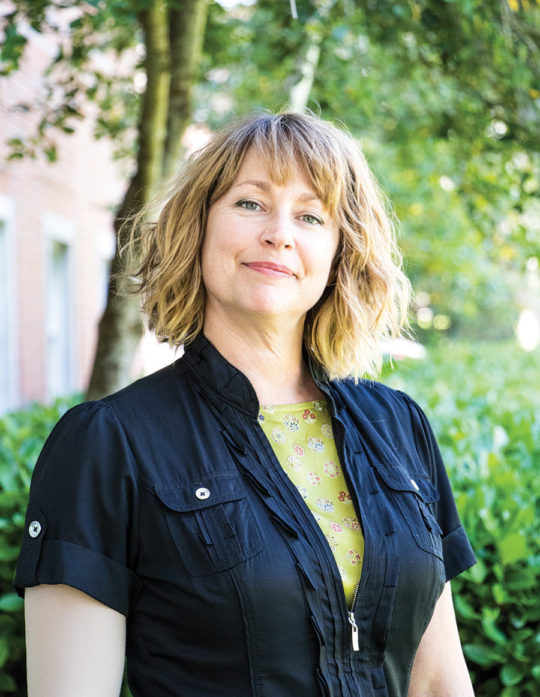Samantha Wisely, Ph.D.
Samantha Wisely, Ph.D.
Associate Professor of Wildlife Ecology & Conservation
Institute of Food and Agricultural Sciences
2019 Awardee
Samantha Wisely’s expertise is in the field of applied wildlife disease ecology.
Her work combines field and laboratory techniques to answer questions about movement patterns of wildlife and the diseases they carry, as well as the environmental and human-generated drivers of disease emergence.
Invasive species have the potential to create pathogen pollution, which facilitates the spillover of wildlife diseases into threatened and endangered species. This, in turn, can increase disease transmission at the interfaces of livestock and wildlife – not to mention humans and wildlife.
“My lab is interested in the drivers of pathogen pollution and its consequences,” Wisely said. “For example, we have documented how certain hunting regulations for invasive wild pigs can increase the prevalence of a disease that is deadly to the endangered Florida panther.”
Similarly, her lab researched how connectivity among these wild pig populations is maintained by illegal human transportation of wild pigs. Wild pig populations are estimated to cost cattle ranchers hundreds of thousands of dollars a year by reducing the quality of forage for cattle and increasing disease risk.
As a result of these findings and those by other researchers, the Florida Fish and Wildlife Commission (FFWC) has created a “Wild Pig Task Force” to address the ecological, economic and social aspects of maintaining wild pigs in Florida.
“I hope my work will show that many invasive species threaten public health or agricultural production, and that this realization catalyzes management actions that reduce or eliminate invasive species,” Wisely said.
Her team also documented the resident monkeys in Silver Springs State Park that host and shed a virus deadly to humans. Consequently, FFWC banned feeding of the monkeys and acknowledged that they needed a population control plan for the macaques in Florida.
In the last five years, Wisely has published 31 paper across a variety of journals, including Nature Biotechnology, Conservation Biology, Journal of Applied Ecology and Emerging Infectious Diseases. She is a member of the Conservation Genetics Specialist Group of the International Union for the Conservation of Nature.


